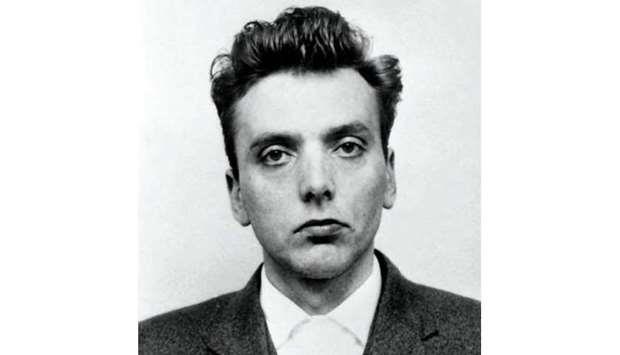
403
Sorry!!
Error! We're sorry, but the page you were looking for doesn't exist.
Qatar- Moors monster's sick last request denied
(MENAFN- Gulf Times) A judge yesterday denied the final wishes of Britain's most notorious serial killer, saying Moors murderer Ian Brady's body should be disposed of with 'no music and no ceremony.
Brady, who died aged 79 in May, had requested that his funeral be accompanied by music.
There were also fears that his ashes would be scattered on Saddleworth Moor, where he and Myra Hindley buried four of the five children they murdered in the Sixties.
The high court had been asked by two local authorities to make decisions relating to the disposal of the killer's body so it can be 'lawfully and decently disposed of without further delay.
Sir Geoffrey Vos, chancellor of the high court, yesterday gave directions for the disposal, but kept the details secret to prevent 'public indignation and unrest. Brady's final resting place will be revealed, but not until at least a week later.
Sir Geoffrey ordered that Brady's body be disposed 'with no ceremony and no music after reading programme notes about the fifth movement of Berlioz's Symphonie Fantastique, which Brady had requested.
In his ruling, the judge said: 'I have no difficulty in understanding how legitimate offence would be caused to the families of the deceased's victims once it became know that this movement had been played at his cremation. I decline to permit it.
Brady and Hindley, who died in prison in 2002, buried four of their victims on Saddleworth Moor in the south Pennines. Both killers were convicted and jailed for life in 1966 for torturing and murdering John Kilbride, 12, Lesley Ann Downey, 10, and Edward Evans, 17. They later admitted killing Pauline Reade, 16, and Keith Bennett, 12. His body has never been found.
Yesterday's ruling, handing over responsibility for disposing of the body to Tameside council, makes it highly unlikely Brady's ashes will be scattered on the moors. In a statement, Tameside and Oldham council, which cover the moors, said the idea of scattering Brady's ashes at the scene of his crimes was 'abhorrent and distressing.
The judge took charge of disposing of the body after fears Brady's lawyer, Robin Makin, had failed to make arrangements after the death on May 15. Sir Geoffrey criticised Makin for being overly secretive about the killer's final wishes, saying the dispute could have been avoided if he had promised the remains would not return to the moors.
Brady, who died aged 79 in May, had requested that his funeral be accompanied by music.
There were also fears that his ashes would be scattered on Saddleworth Moor, where he and Myra Hindley buried four of the five children they murdered in the Sixties.
The high court had been asked by two local authorities to make decisions relating to the disposal of the killer's body so it can be 'lawfully and decently disposed of without further delay.
Sir Geoffrey Vos, chancellor of the high court, yesterday gave directions for the disposal, but kept the details secret to prevent 'public indignation and unrest. Brady's final resting place will be revealed, but not until at least a week later.
Sir Geoffrey ordered that Brady's body be disposed 'with no ceremony and no music after reading programme notes about the fifth movement of Berlioz's Symphonie Fantastique, which Brady had requested.
In his ruling, the judge said: 'I have no difficulty in understanding how legitimate offence would be caused to the families of the deceased's victims once it became know that this movement had been played at his cremation. I decline to permit it.
Brady and Hindley, who died in prison in 2002, buried four of their victims on Saddleworth Moor in the south Pennines. Both killers were convicted and jailed for life in 1966 for torturing and murdering John Kilbride, 12, Lesley Ann Downey, 10, and Edward Evans, 17. They later admitted killing Pauline Reade, 16, and Keith Bennett, 12. His body has never been found.
Yesterday's ruling, handing over responsibility for disposing of the body to Tameside council, makes it highly unlikely Brady's ashes will be scattered on the moors. In a statement, Tameside and Oldham council, which cover the moors, said the idea of scattering Brady's ashes at the scene of his crimes was 'abhorrent and distressing.
The judge took charge of disposing of the body after fears Brady's lawyer, Robin Makin, had failed to make arrangements after the death on May 15. Sir Geoffrey criticised Makin for being overly secretive about the killer's final wishes, saying the dispute could have been avoided if he had promised the remains would not return to the moors.

Legal Disclaimer:
MENAFN provides the
information “as is” without warranty of any kind. We do not accept
any responsibility or liability for the accuracy, content, images,
videos, licenses, completeness, legality, or reliability of the information
contained in this article. If you have any complaints or copyright
issues related to this article, kindly contact the provider above.


















Comments
No comment